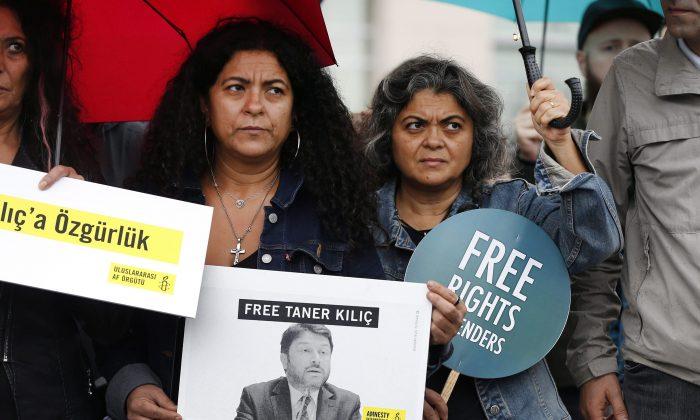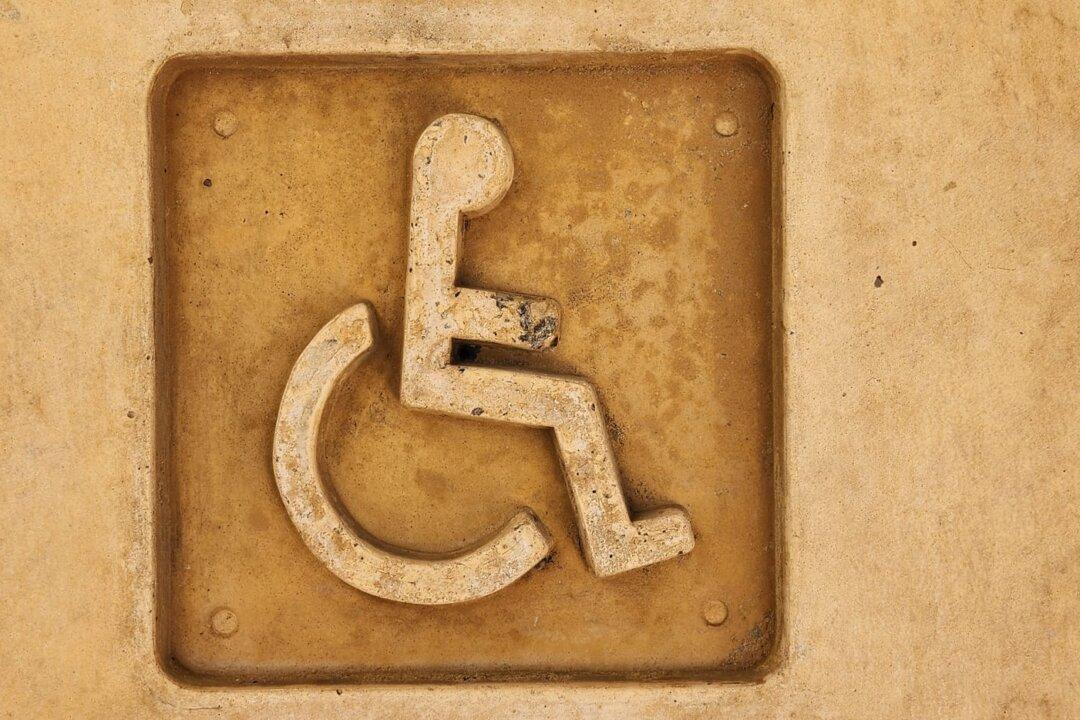Australians are broadly supportive of a federal human rights act, even more so when told we don’t have one.
While Victoria, Queensland and the Australian Capital Territory all have their own acts, only some human rights are protected at a federal level, unlike all other western liberal democracies.
Amnesty International Australia’s second annual Human Rights Barometer, released on Monday, suggests about three-quarters of Australians support the creation of a federal act.
A comprehensive fundamental human rights act would protect rights such as freedom of political communication, which are currently only implied, Amnesty International says.
“Human rights matter because someone’s quality of life should not be determined by factors beyond their control—race, gender, socio-economic background, sexuality or age,” Amnesty International Australia campaigner Nikita White said.
“A human rights act would help prevent human rights violations, provide a powerful tool to challenge injustices, and help create respect for human rights in our community, ensuring we are all free to exercise our human rights.”
According to the nationally representative survey of 1,606 people, 59 percent of people become more supportive of a federal human rights act when told Australia doesn’t have one.
About one in four people are unsure or uncommitted about having a federal act, while three percent oppose one being introduced.
Key reasons for supporting the introduction include protecting vulnerable people (22 percent), human rights being a fundamental entitlement for everyone (22 percent) and the federal act simplifying current laws (10 percent).
The head of the Australian Human Rights Commission in 2021 said federal discrimination laws were “falling short,” while the Law Council of Australia has said the coronavirus pandemic demonstrates the urgent need for a charter of human rights.
Four in every five Australians agree we all have a responsibility to stop racism, but 73 percent believe that “different cultures and ethnic groups should do more to fit in.”
The 2022 poll also found a wider divide on a question about Australia’s multicultural success.
Last year, 64 percent agreed Australia was a successful multicultural country, while 12 percent disagreed.
But, in 2022, when reframing the statement to read “Australia is not a successful multicultural country”, the pro-success camp shrank to 46 per cent, and the not-successful group grew to 21 per cent.
“This suggests that positively framing Australia’s multicultural success is easier to agree with. However, a negative framing creates confusion and difficulty, with less positive views on Australia’s multicultural success,” the Amnesty report said.






Friends Read Free